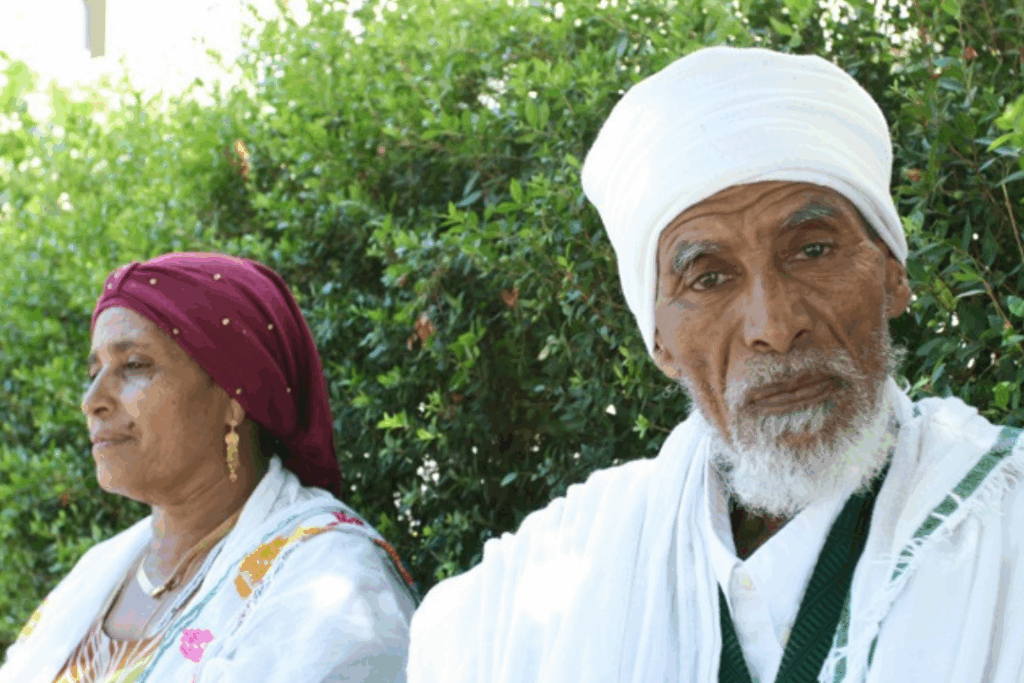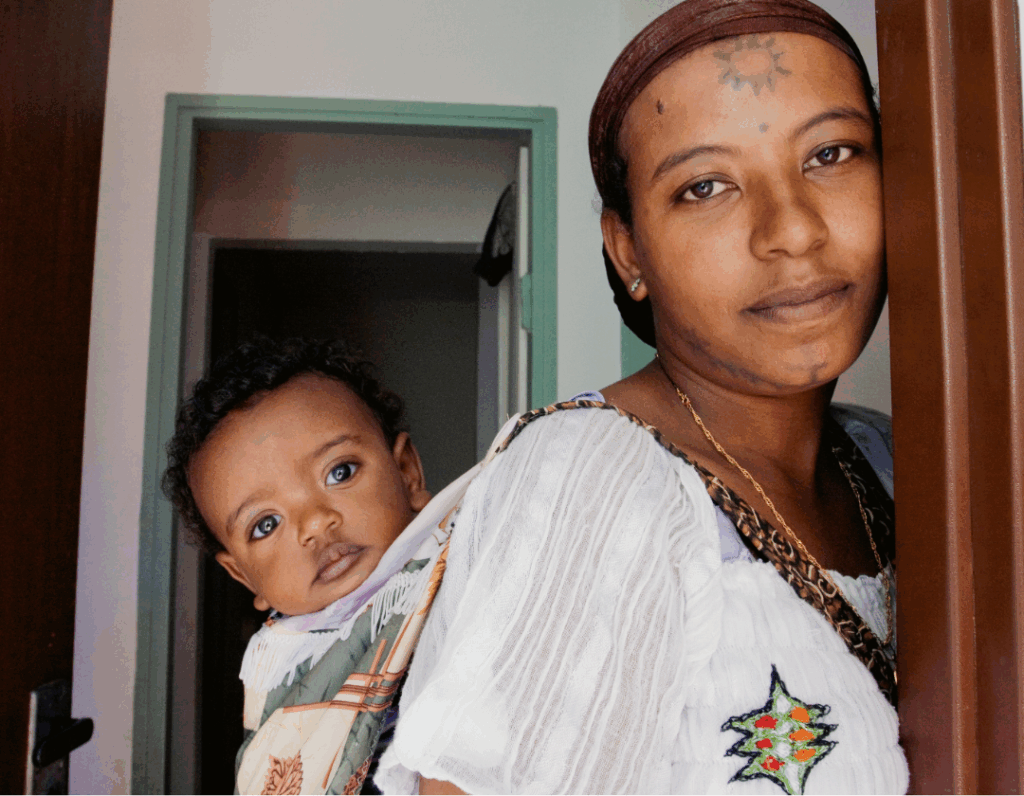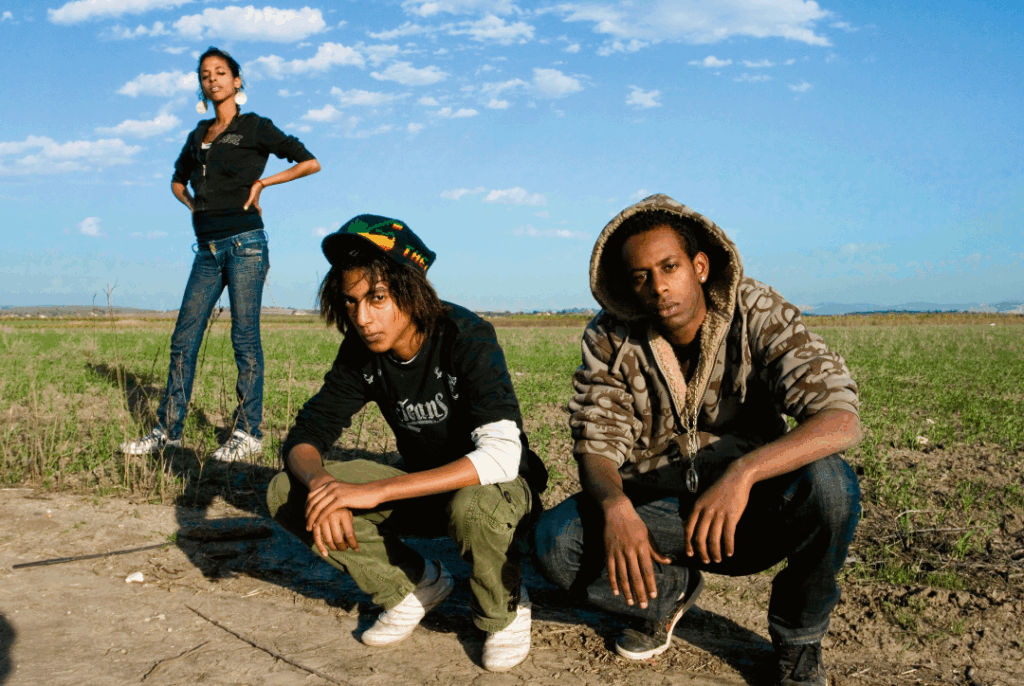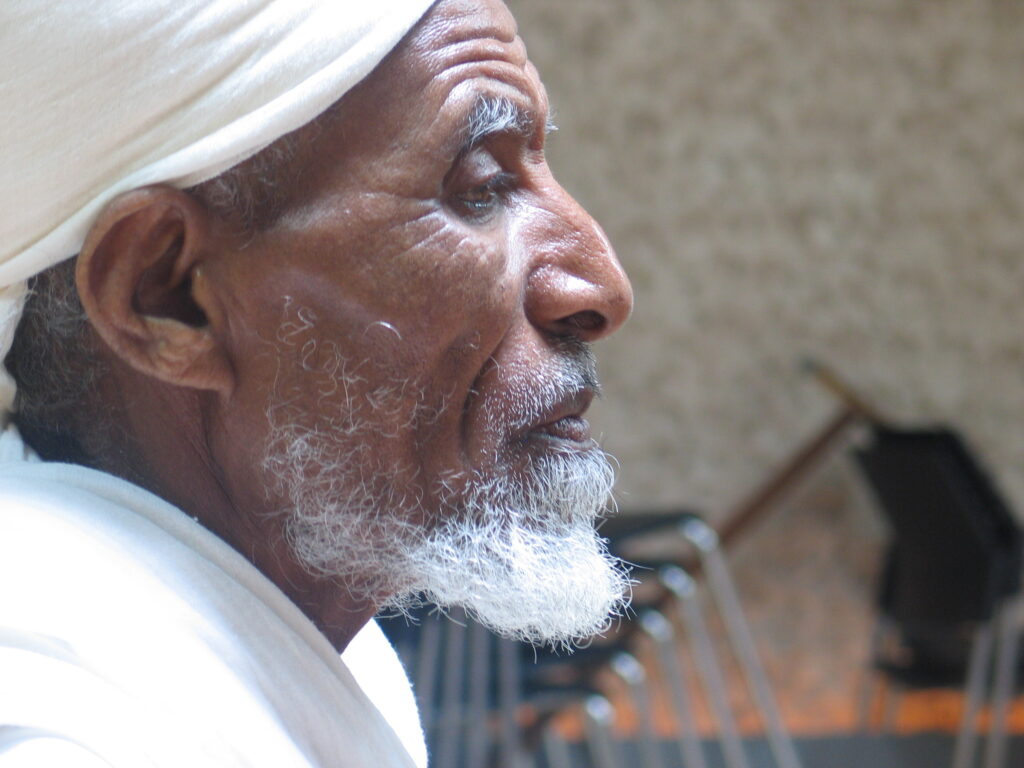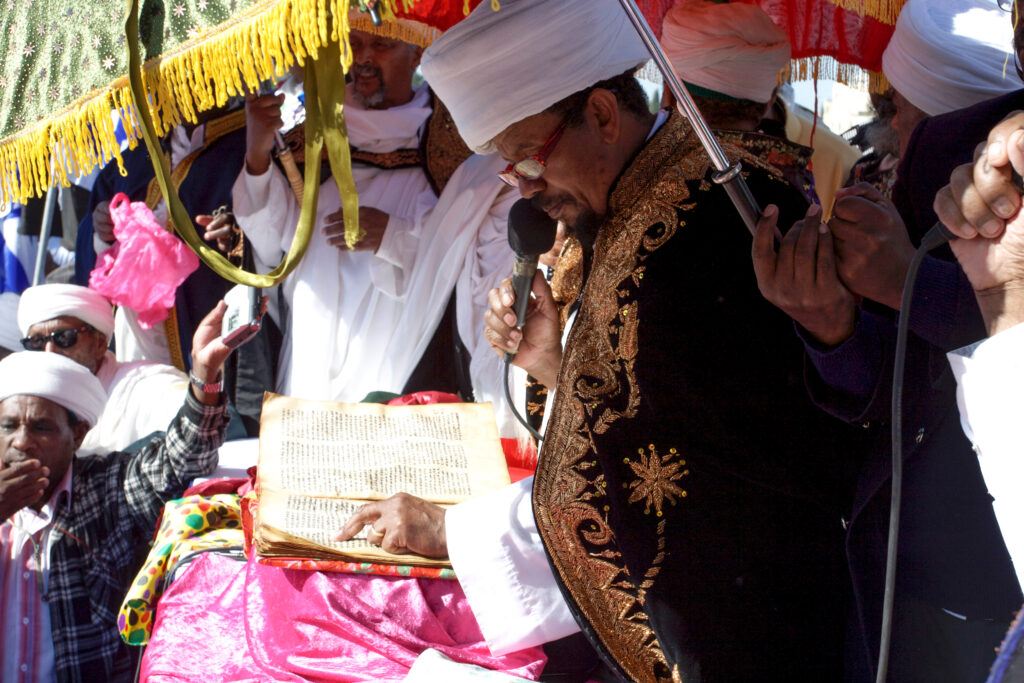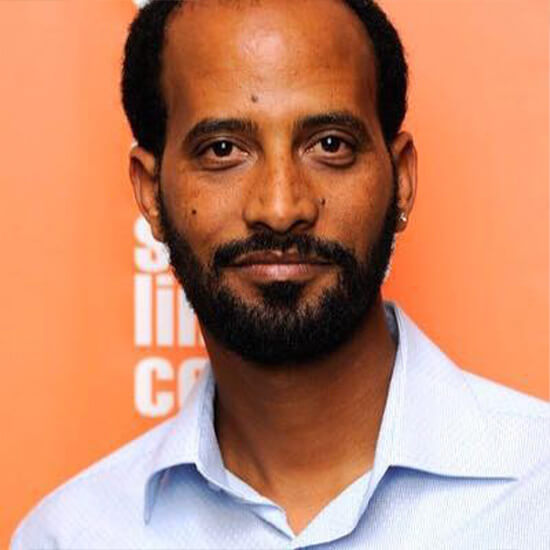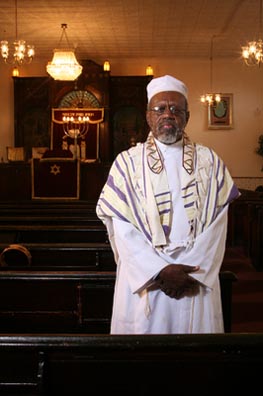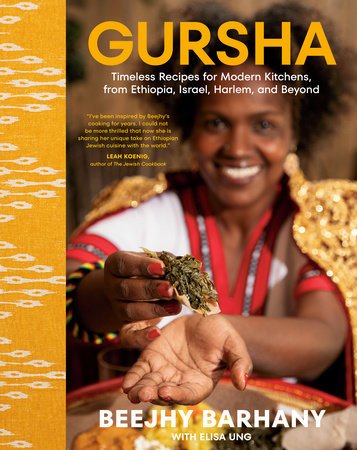In a conversation with Be’chol Lashon, Avishai Mekonen reflects on the inspiration, process, and lasting meaning behind photography and film project “Seven Generations”. “Seven Generations” explores one particular group struggling to maintain tradition while becoming part of a larger community, but it is a tension that resonates amongst the stories of immigrants throughout the world, amongst all populations, who struggle with assimilation. The project is timely, as many of the elders still practicing counting are beginning to die. Through this body of photographs and videos, the goal is to help make visible this often hidden history and community.
BL: What inspired you to create “Seven Generations”?
Avishai: The project was born from my desire to preserve the tradition of remembering and honoring our ancestors. As a child, I loved how families would count generations and share stories that created such a deep sense of belonging. But after moving from Africa to the West, that tradition began to fade. Much of the oral history disappeared with the elders who carried it. “Seven Generations” was my way to reconnect with that heritage — to meet people who can still trace and tell the stories of more than seven generations.
BL: What is your personal connection to the project?
Avishai: My connection to the “Seven Generations” project comes from my own childhood experiences and memories. Growing up, it was common that whenever I met someone from the community — even an elder on the street — they would immediately ask who I was and who my parents were. Then their faces would light up with a smile, and they would say, “I know your family! Your father was a great man, and your mother was wonderful.”
The elders would start telling me stories about my parents and grandparents, describing how they knew them and what kind of people they were. It felt like they were giving me back my own family history through their memories. Often, by the end of the conversation, they would say, “We’re related — maybe four generations back.” That deep sense of connection and belonging – of being part of a living chain that stretches through generations — is exactly what inspired my personal bond with the “Seven Generations” project.
BL: What was it like creating “Seven Generations”?
Avishai: The preparation was far more complex than any project I’ve done. This was about people. It was about elders from a community that lives by a very different rhythm of time and communication. Many don’t use phones or email; communication is entirely by word of mouth. To find the right people, I needed my parents’ help. In each village, only one or two individuals could recount full family histories — they are the keepers of memory.
With introductions from my parents, I visited their homes, sat with them as they spoke, and photographed them as they shared their stories. Time worked differently there. Meetings couldn’t be scheduled; you waited until they were ready. I wanted to capture those moments as they were: authentic, unposed, full of life.
Some elders were unsure at first about being recorded, but once they understood that this was for future generations, they opened up. My parents became the unofficial producers of the project, guiding me through traditional ways of connection and storytelling.
BL: You created “Seven Generations” fourteen years ago. How would it be different if you created it today?
Avishai: Honestly, it wouldn’t be possible to capture the same depth today. Many of the elders who could trace those long family lines are no longer alive. I worked tirelessly back then. Sometimes visiting elders in hospitals, knowing that every conversation might be the last record of their memory.
If I tried to do it now, so much would be missing. Their passing means the oral tradition itself. How we told our history, how we understood who we were, has been partly lost. Doing the project when I did allowed me to preserve a living connection to our ancestors before it disappeared.
BL: Were moments during the project that felt especially meaningful?
Avishai: It was such a joy to meet people who could count and recall so many generations. It was truly a life-changing and unforgettable experience.
BL: What do you hope Seven Generations continues to offer?
Avishai: I hope that it will give us a sense of hope and understanding about how our ancestors lived in the past and where we came from.
BL: How do you celebrate Sigd, and what does it mean to you?
Avishai: The celebration of the Sigd holiday is like counting the days until the next Sabbath. When the Sigd finally arrives, you can truly feel the power and spiritual focus of the community. It is a joyful time to give thanks to the Creator, to express our gratitude to God for everything we have, and to celebrate our unity as a people.
As a child, celebrating the Sigd holiday felt like a wish coming true. We would climb the mountain, and I believed my greatest wish — to see Jerusalem, the place we pray to — would happen. And it did.
For me, Sigd also symbolizes a time to come together in devotion to the Creator, to feel that wishes can come true, and to thank God and say “Amen.” It is a special moment of faith, gratitude, and connection for the whole community.
“Seven Generations” is available for exhibition, and Avishai is available to speak to your organization. Watch “Seven Generations” here.
